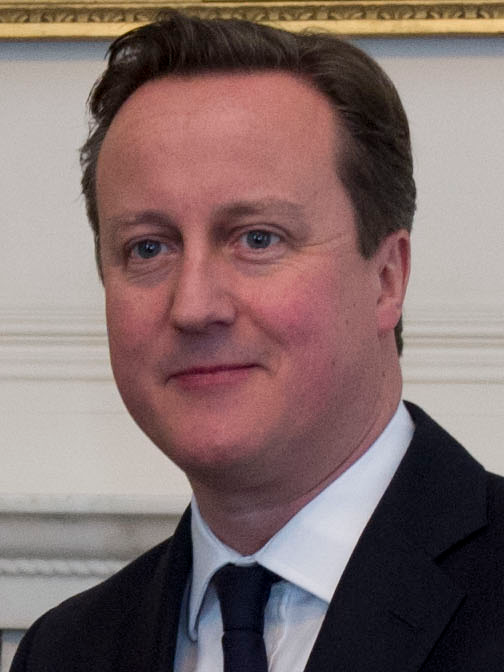How Will The Next Leader Of The Tory Party Be Chosen?

Since David Cameron’s dramatic resignation on Friday morning, rumours have been rife about who will succeed him.
Boris Johnson, who was widely tipped to step into Mr Cameron’s shoes, has snatched his hat out of the ring in a shock move.
So will fellow Leave campaigner Michael Gove convince the Conservatives that he’s the best man for the job?
Or will Theresa May manage to win over the party?
Other Tories in the running include Andrea Leadsom, Liam Fox and Stephen Crabb.
This will be the first race to be Conservative leader since 2005 - and the first with the keys to Number 10 thrown in since 1990 - so the competition is likely to be fiece.
But just how - and when - will the race be run?
June 30
Nominations close at midday. Candidates must be formally proposed and seconded by fellow MPs, be willing to stand and agree to abide by the rules.
July 5
If there are more than two challengers, MPs will begin to vote to whittle them down in consecutive rounds of voting on Tuesdays and Thursdays. The MP with the least support is eliminated each time until only a final pair remain. Candidates can opt to withdraw at any point.
Hustings are scheduled around the country for the rivals to go head-to-head with their pitch to party members. In 2005, there were 11 such events.
The membership of the Conservative Party then chooses between the two in a one-member-one-vote postal ballot. This was the system introduced under William Hague after the party’s crushing in the 1997 landslide that brought Tony Blair’s Labour to power. Previously the leader had been chosen by MPs.
In 2005, Cameron received 134,446 votes to 64,398 for Mr Davis. In total, 78 per cent of the 253,689 eligible voters took part. Party membership slumped during Cameron’s tenure however, slipping to just 134,000 by 2013. The party expects there to be around 150,000 eligible to vote this time.
September 9
The winner is announced. The timing - which was put back a week from the original proposal by the 1922 committee executive - will allow the departing PM to attend the G20 summit in China as one of his last major engagements.
Image: Ash Carter/Flickr

 Yahoo News
Yahoo News 